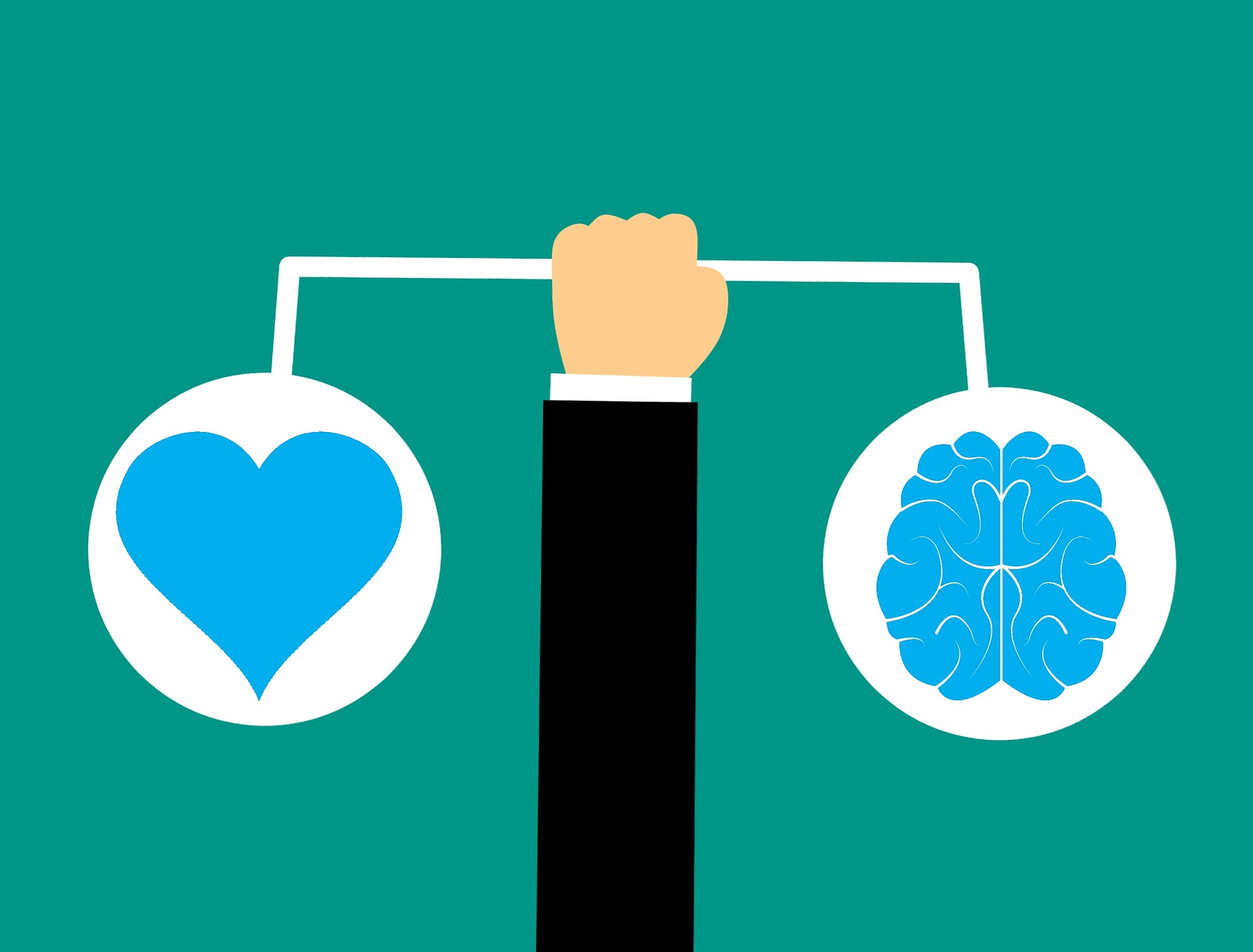
We’ve heard it so many times before: we as humans lack empathy in a world with a rising need for it. Writers and researchers have grappled with this concept, aiming to measure and contextualize the intricacies of it. In particular, Western culture is fascinated with this concept. There is a UK website dedicated to children’s books on empathy. Although there’s a push for empathy in society, we must first understand the limitations of empathy and the obstacles in achieving it.
To gain an understanding of empathy, I asked several students at Northeastern University what empathy is:
“I always thought empathy is putting yourself in someone’s shoes. I’ve heard that you should keep empathy out of politics, but sympathy in politics. If I go into your shoes to make a policy for you it may be good for you, but bad for everyone else.” (third-year mechanical engineer major Christian Wells)
“I always mix up empathy and sympathy so I’m not sure. What is the difference?” (second-year computer engineering and computer science dual major Samuel Neumann)
“Empathy is when you’ve lived through someone’s experiences and can relate.” (fifth-year communication studies major Amanda Kopen).
Three students definitely don’t sum up everyone’s perspective of empathy, but the consensus is that empathy is “living through someone’s experiences.” An additional layer is needed in order to achieve empathy, which is to challenge one’s beliefs and values. The question is whether people are equipped to demonstrate empathy and if it is something we can achieve.
Most of us live in communities that mirror our economic class, we go to schools with students whose lifestyles are similar to ours, and our parents work with people whose incomes are only marginally different than theirs. As a Latina growing up in Miami, Florida I was surrounded by a predominantly Latino community. My high school was 98 percent Latinx. The people in my social circles were immigrants like myself, who shared similar views on topics ranging from food to politics. Most importantly, we’re close-knit because our families all came to the United States for a reason: a better life. My social bubble has limited me to the Latinx outlook on life. By sharing a different space with Northeastern University students, I am now a part of a very different bubble — demanding my thoughtful consideration. Like me, these social and economic bubbles apply to many of us. They cause a distrust in the outside perspective, resulting in sparse limited diverse views. Undeniably, these “bubbles” are the obstacles to empathy.
Empathizing with people across social and economic classes can be challenging when we’re accustomed to empathizing with people within our bubbles. Obviously, advising a switch in social and economic class for the sake of empathizing with disparate individuals is an ingenuous recommendation. However, we must acknowledge the restrictions in the beliefs and values ingrained in our core. The power of empathy lies in challenging the beliefs we have — no matter the class or “bubble.” I optimistically claim that we have the power to expand our bubbles, even if it’s just for a moment in our short undergraduate journey.
Our social location as members of Northeastern University is an opportunity to practice empathy across different groups. Our quasi (emphasis on quasi) diverse community demands we soak in and seek distinct views, beliefs, and values — in other words, break the bubble. This can only be done when one unpacks their beliefs and do what 4-year-olds do best, ask why? Surround yourself with people from “the other side,” engage (and I really mean engage, not passively listen) in open dialogue, and let go of preconceived notions. Empathy plays a role in social progress; without unpacking our preconceived notions empathy remains to be an illusion. This can only work in practice when we approach members outside of our nuclear community with a genuinely open mind.